Renowned physician in the field of internal and emergency medicine, Dr. Ayo Ajim, has highlighted the need for renewed commitment to investment in local philanthropy in Africa as part of efforts to facilitate the realisation of the Sustainable Development Goals (SDGs) in the continent by 2030.
Dr Ajim, who is a co-founder of the Grace Emergency Room, made the call while delivering a keynote speech at the second edition of the African Diaspora Philanthropy Dialogues, held in Houston.
Join our WhatsApp ChannelThe African Diaspora Philanthropy Dialogues is an initiative under the Ford Foundation OWA’s Sustainable Philanthropy Dialogue series, which seeks to strengthen philanthropy’s ecosystem of support by creating the necessary conditions for philanthropy to thrive, through addressing the mode of cooperation between stakeholders, defining the expectations, anticipated challenges and solutions that will move Nigeria and Africa closer to achieving all the Sustainable Development Goals (SDGs) by 2030. The Dialogues were held in collaboration with PaTiTi Consulting in London and Houston.
Dr. Ajim called on African high-net-worth individuals (HNIs) to recognise the importance of their support in tackling growing challenges on the African continent. He also emphasized the need to shift focus away from negative stereotypes often associated with diaspora investments in Africa philanthropy.
“The needs back home is enormous and our involvement in philanthropic giving serves as the needed channel to create tangible change in our communities for future generations,” he said.
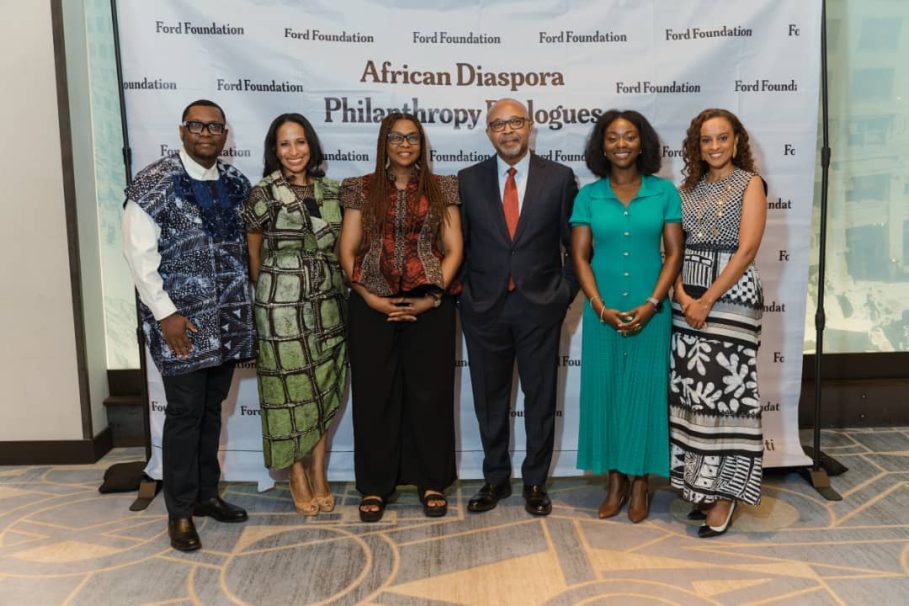
Dr. Ajim also noted that, although there are some institutional challenges associated with local philanthropy funding such as the lack of accountability and corruption, they should not be the reason HNIs withdraw their philanthropic efforts from Africa.
“Despite prevailing institutional challenges, we need to spotlight African philanthropy success stories. This I believe can inspire HNIs in the diaspora to invest in and contribute to Africa’s charitable landscape.”
He also noted that Africans and African businesses in the Diaspora are often not aware of and are not taking advantage of the tax incentives in America for philanthropic giving. Through these tax incentives, Africans in the diaspora can give in Africa and get significant tax breaks.
He also commended the Ford Foundation West Africa Office for its match funding initiative, which hopes to incentivise diasporan and local philanthropy giving by matching their giving by up to 50%, if the project being funded would be implemented in Nigeria, Ghana or Senegal through local civil society organisations (CSOs). Dr. Ajim stated that this opportunity presents interested HNIs with the unique chance to make sustainable impact with support from a trusted philanthropic partner.

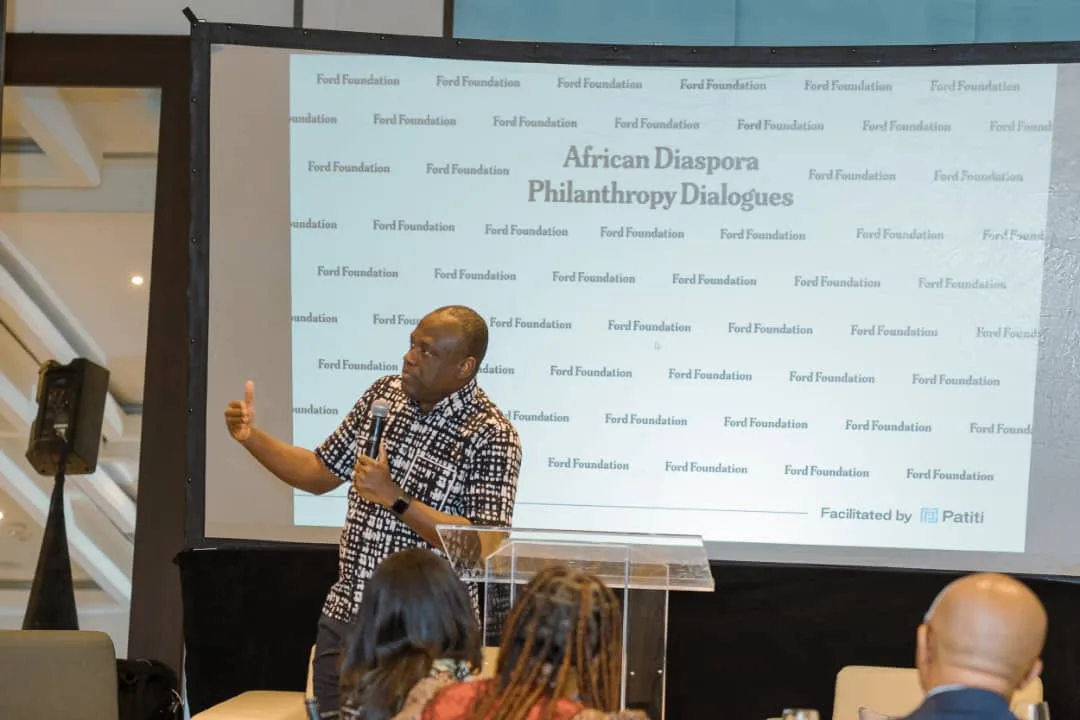




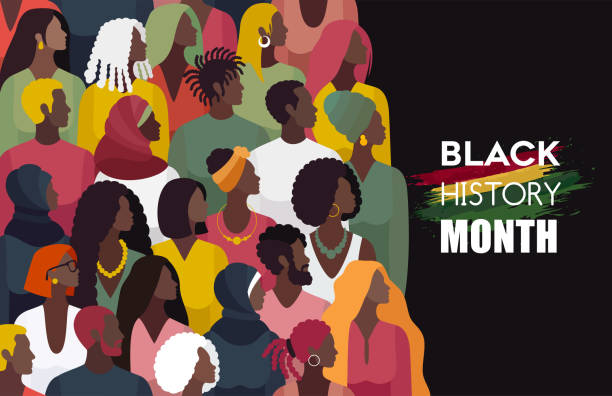








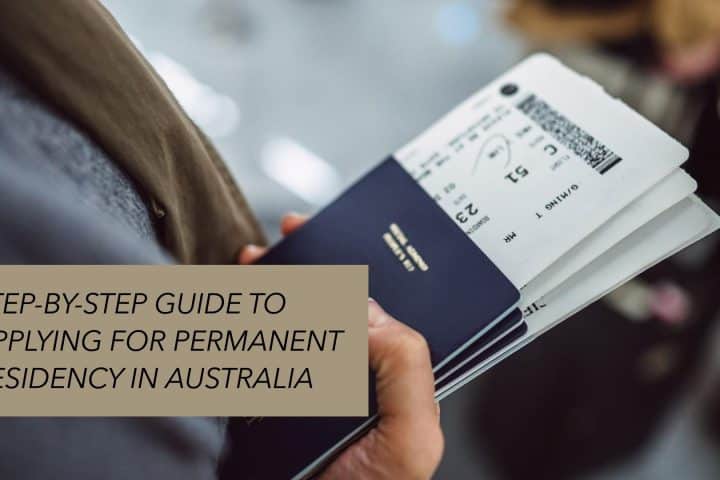
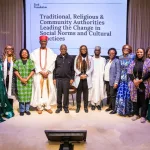
Follow Us